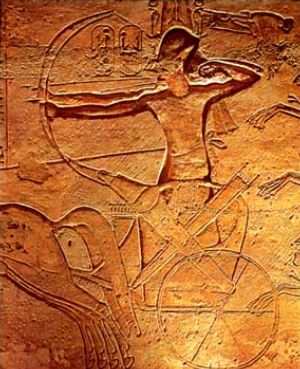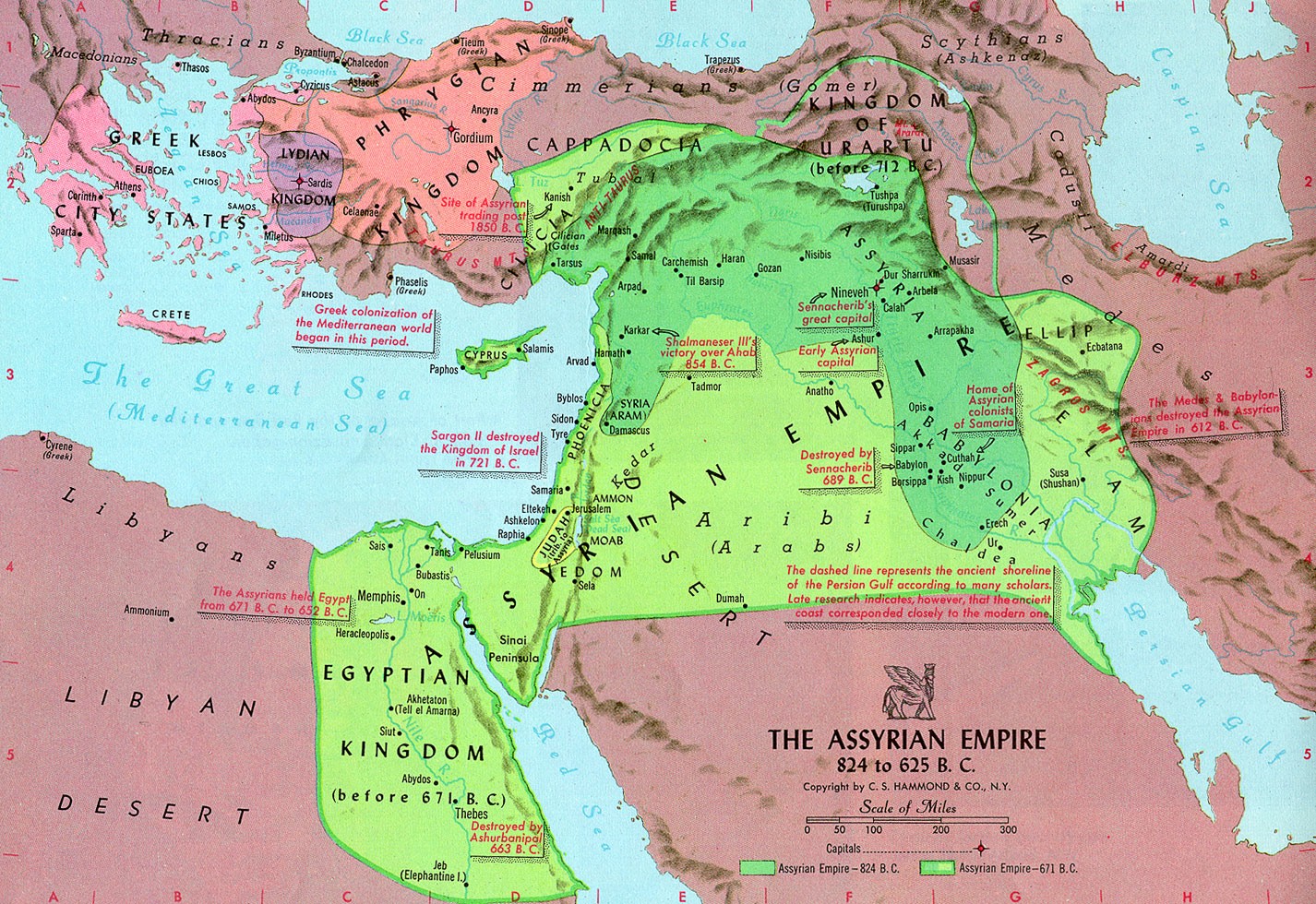Jesus was a Jew and never denied his Jewish heritage. The oldest group of Christians had a Jewish background and, it seems, continued to think of themselves as a sect/group of Jews. It may have taken one hundred or more years for the two groups to see themselves as separate.
Possibly the next oldest group of Christians that we know of were in Antioch, where it seems there may already have been some divergence from the concepts that were held in common in the Jerusalem-Temple congregation.
Besides the OT, specifically the Septuagint version of the OT, the letters attributed to Paul seem to have been the first documents that were assigned a sacred value by the early Christians, so we can imagine we are seeing the adjustments that were necessary for the Jewish/Christian sect to expand in the Roman Mediterranean world,
Contrary to common thought, Christianity in the pagan world did not appeal to the lowest levels of society, a close reading of the Pauline documents shows that key people in the early Pauline churches had large households (family and slaves) and were wealthy enough to be able to travel or send members of their household on errands for Paul. Paul (and Barnabas) had associates who also had to be provided for. The key people in early gentile Christianity therefore were people of some substance
The Pauline texts that Island Man quotes, set standards of conduct. It would be a grave mistake to think that the idea of setting standards was an idea that sprang from the mind of Paul or one of his associates. Already in common circulation, among the social classes that were taking the lead in early gentile Christianity, were documents that have come to be called, "household codes." The Oxford Biblical Studies (i.e. from Oxford University) Online defines these household codes as:
household codes
Translation of the German Haustafeln, used by commentators for a literary type developed for ethical instruction in the Hellenistic world, adopted by Jewish Hellenistic synagogues, and thence by the NT (Col. 3: 18–4: 1, but also Eph. 5: 22–6: 9; 1 Tim. 2: 9–15; Titus 2: 2–10; 1 Pet. 2: 13–3: 7). The codes were an attempt by leaders of the Christian community to establish a pattern of family and social life not unlike that of traditional families among Gentile and Jewish contemporaries in the Graeco-Roman world. The patriarchal style represents a reaction against the egalitarian organization of the earliest Church in Jerusalem (Acts 2: 44–7) and is remarkable for the absence of Paul's radical teaching against sexual discrimination (Gal. 3: 28).
Reference: http://www.oxfordbiblicalstudies.com/article/opr/t94/e912
So the behaviour standards set for the early Christians reflect those codes with some small adjustments to reflect Jewish (OT) standards.
Hence the answer to my feeble attempt at riddling, should be looked for in the Roman world - not the Judeao-Christian world. So what's the answer to my riddle of which GOD commanded monogamy?
Not Yahweh, Not Jesus. But the most popular, the most important God (with the power of literal life and death to all inhabitants of the area) who commanded monogamy ....
was the Divine Caesar Augustus.












